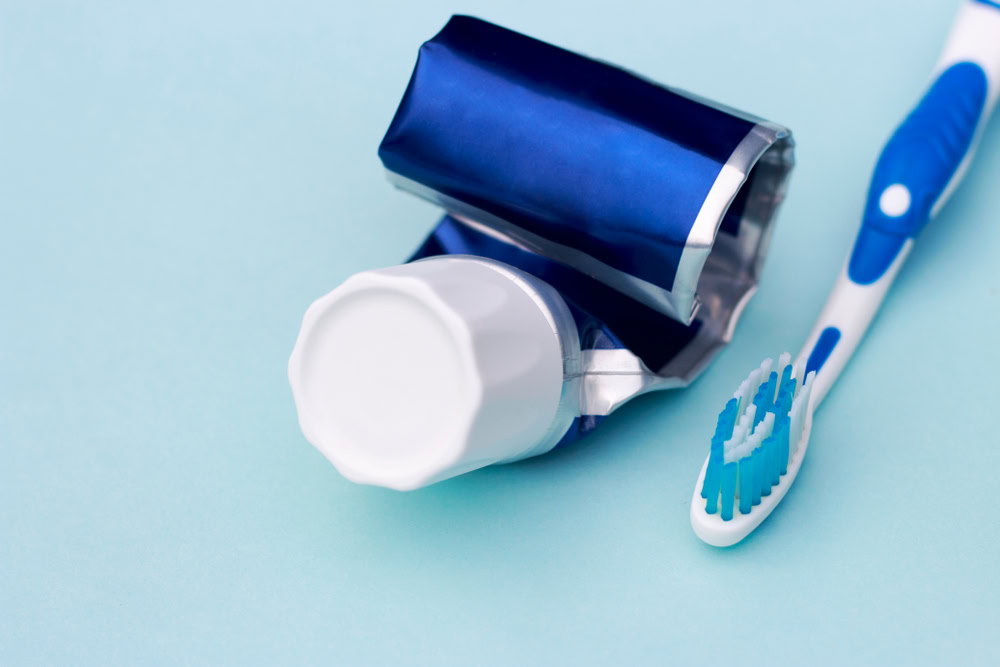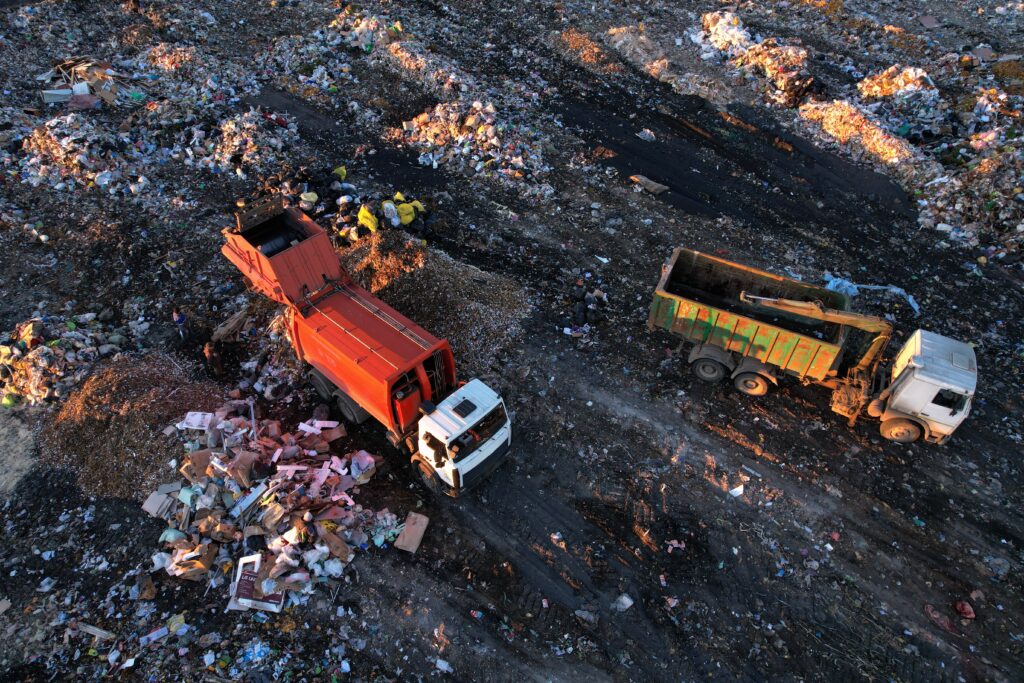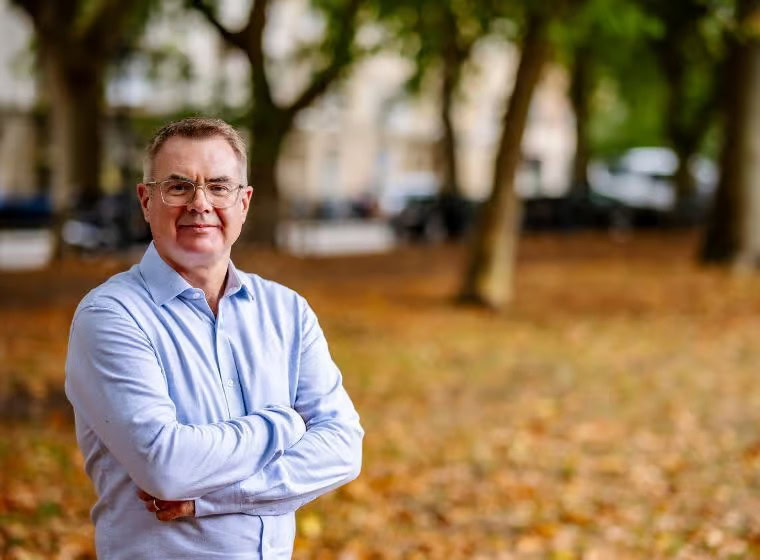Norfolk-based company HotRot has said the New Zealand-made equipment should arrive in the UK by the end of the month for the plant near Stornoway on the Isle of Lewis.
” We are hoping that the market begins to move forward in the near future, and we are ready for that. “
– James Lloyd, HotRot
The Stornoway site will also be home to one of the few major anaerobic digestion plants currently being developed in the UK. The project as a whole is being led by US-owned engineering company Earth Tech, with the anaerobic digestion technology provided by Linde and in-vessel composting equipment by HotRot.
HotRot, which is working on four projects in the UK and Ireland at the moment at Glasgow, Scarborough and Limerick as well as the Western Isles, brought in a new managing director in the form of James Lloyd last month.
Such is the interest in in-vessel composting systems, Mr Lloyd said his company is considering establish manufacturing operations in the UK.
Mr Lloyd said: “We are hoping that the market begins to move forward in the near future, and we are ready for that. Our project in Limerick is something of a trial, but we are hoping to increase that with good results. There are other projects lined up at the moment with contract negotiations taking place and we are bidding for another project.”
Collections
The Stornoway facility is being built to cater for a new waste collection system planned by the Western Isles Council. Kitchen and garden waste as well as paper and cardboard are to be collected together to be treated in the anaerobic digester from late 2006.
Residual material will be treated within a “dirty” materials recycling facility before being treated in the HotRot in-vessel composting system. The plant will include four of the company's 1811 units each capable of dealing with 1,000 tonnes of material each year. The company believes between 11 and 25% of the residual waste will be organic material.
| Related links: |
The HotRot system uses a rotating shaft to mix waste as it undergoes composting in a u-shaped horizontal chamber. The equipment, available in several sizes including the 1811, is usually attached directly to its feed source – in this case the MRF – to minimise handling of the material.
According to HotRot, its system allows the user to determine how quickly its waste is treated, with a minimum of 10 days' composting, although a more stable compost is achievable in 18-25 days.







Subscribe for free